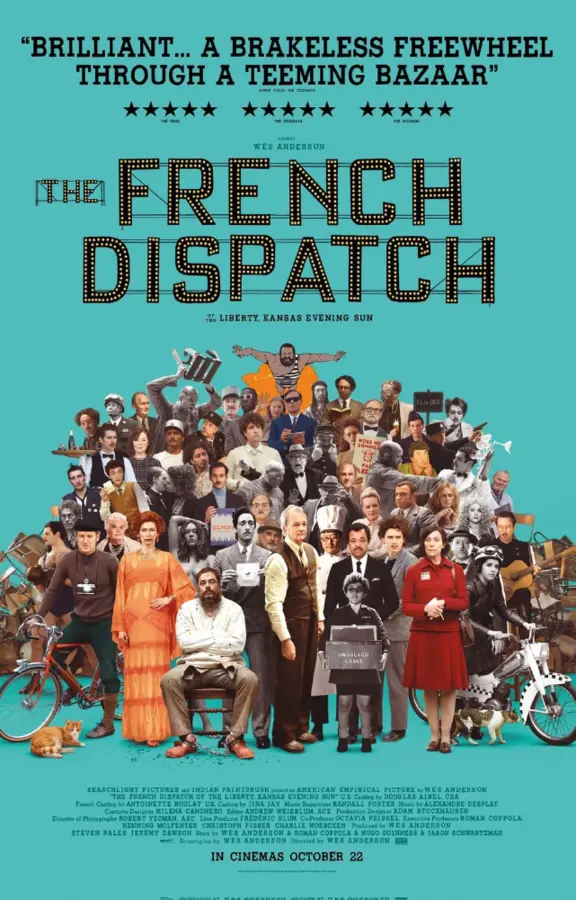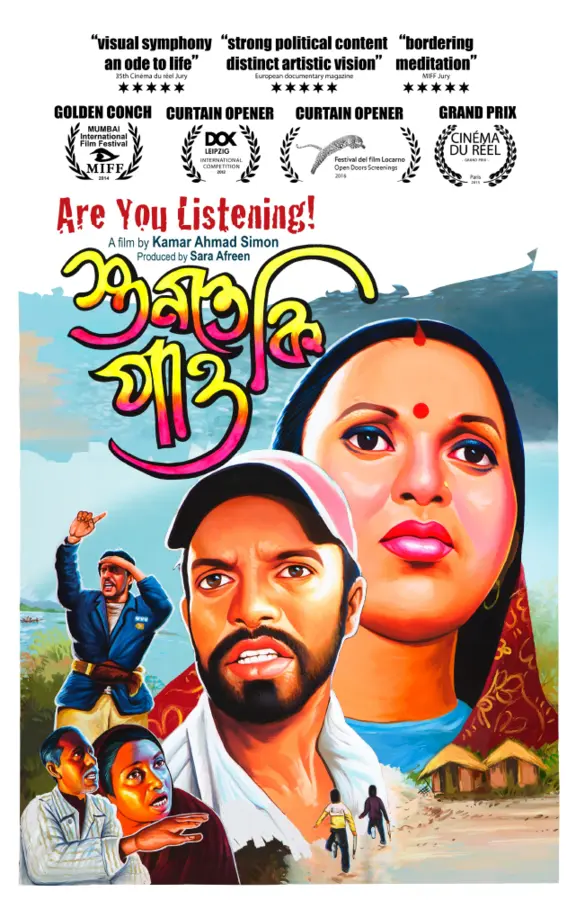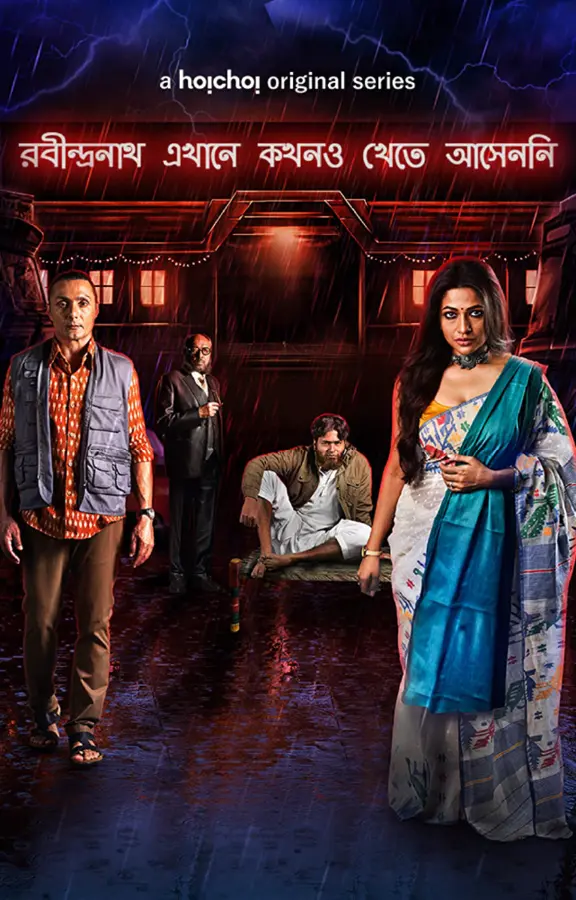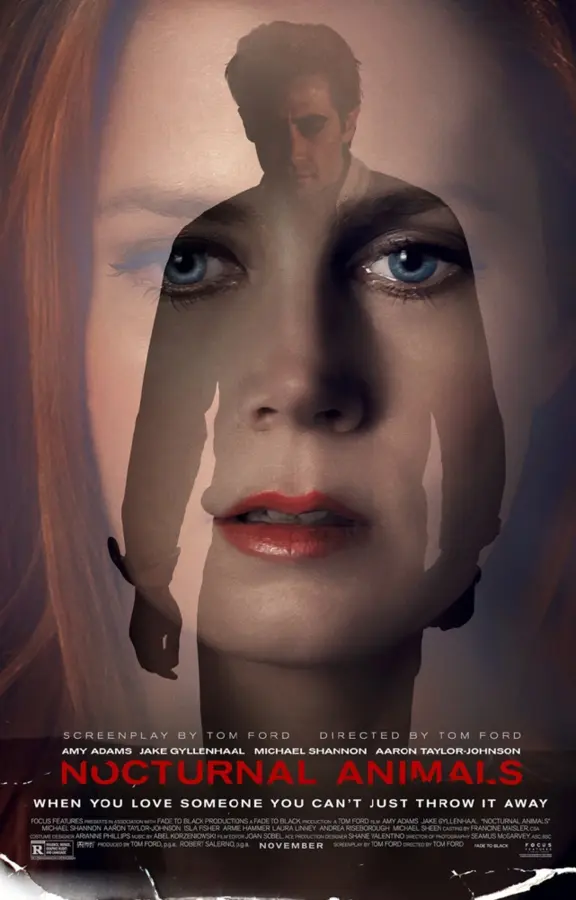Film: The French Dispatch
Director: Wes Anderson
Screen junkies made a review on TENET where they, albeit in a comical fashion, dubbed the film to be the most Nolan-esque as possible: a view I totally agree with. A similar sort of viewpoint emerged during my watch of Wes Anderson’s newest film, “The French Dispatch”. I believe, in a way, Wes outdid himself in showing his unique style, that is, if I had to choose one film that encapsulates everything that is Wes, I would pick this film.
The movie is an anthology (or better stated, a hyperlink) and speaks of the characters of four reporters guised in reports of theirs. There is Sazerac, played by Owen Wilson (Wow), giving a picturesque and rowdy tour of the town of Ennui, its past and present. Berelsen (Tilda Swinton), the reporter of the art section, talks about deranged artist-convict Moses Rosenthaler (Benicio Del Toro) and his enigmatic relation with his guard Simone and his own fractured psyche. Then comes the story of a student revolution and Krementz’s (McDormand) vested interest in reporting it, and finally, Roebuck Wright’s (Jeffrey Wright) chilling account of how being a food aficionado had led him to a police encounter and a multifaceted hostage situation. The tangled skein binding these reports is that they are all reports of the final edition of The French Dispatch, edited by Arthur Horowitz, played by none other than Bill Murray: a father figure and guardian of the newspaper.
The craft, like most other Wes Anderson crafts, is impeccable. The characteristic planimetric composition, coupled with compass point editing, has garnered the status of auteur to Wes, and he remains true to his style- although I find he has been more free-flowing this time. The aspect ratio shift of The Grand Budapest Hotel is back, empowered by shifts between color and black and white to denote past and present. The offbeat character fuelled humor is a recurring element and there is no exception in this film.
Knowing that so much emphasis is given upon the characters in Wes’ films : how they speak and behave, what colors they wear, and what childishness they exhibit, it is but foolish to not talk about the characters in this film. Owen Wilson returns as the sporty restless man in Anderson’s films: a cycling reporter going breathless and wicked over-explaining the chasms of time in a familiar town. Benicio Del Toro perhaps does one of the best performances of his life, playing artist Rosenthaler: a double homicide convict with a latent artistic talent brought to reality by Simone. Lea Seydoux (yours truly’s “mon amour”) is as indecipherable as a stone in this film, which is as truthful to Simone as can be. Adrien Brody is an art tycoon in this film and sometimes I think Brody must be, in actuality, an art tycoon, or a lavish wealthspender of some sort to blend into such a role in such a sublime manner. McDormand plays herself (not literally) where she is a reporter who is starting to grasp the backlashes of a stereotypical ” strong independent woman” and is battling against the lashes. I have not enjoyed much the performance of Timothee Chalamet, who plays a student leader, but to not get carried away by his charming nimbleness is a near impossibility.
But perhaps the performance I enjoyed the most was of Jeffrey Wright, who played gay reporter Roebuck: a food enthusiast ending up in a police turmoil because of his search of ascended tastes. His soothing voice, calm demeanor, and the grandeur in his fortitude are brilliant, adding voluminous depth to his story and storytelling.
Now, where we end up as a consequence of where we were, and to comment on Wes Anderson as he is should be related to cinema itself, yes, but also to what he has made before. I find myself an avid fan of Anderson’s filmography, but that cannot be said for new viewers or those who are more critical of his works. It will be oxymoronic after I’ve said this is a quintessential piece and then, not recommend this as the stepping stone into his art, but that is how it is. Anderson outdid himself, this is true, but he has spiraled far into himself and thus, possibly will come off as a hindrance to entry-level enthusiasts. But to his long term fans, to those who hold his craftsmanship dear, I am pretty sure this would turn out to be a delectable treat
In conclusion, the seats for favorite Wes Anderson films are still kept in my heart for “The Royal Tenenbaums” and “Rushmore”, but The French Dispatch has made its place near the upper echelons.
Written By: Raiyan Basher, EEE’17




